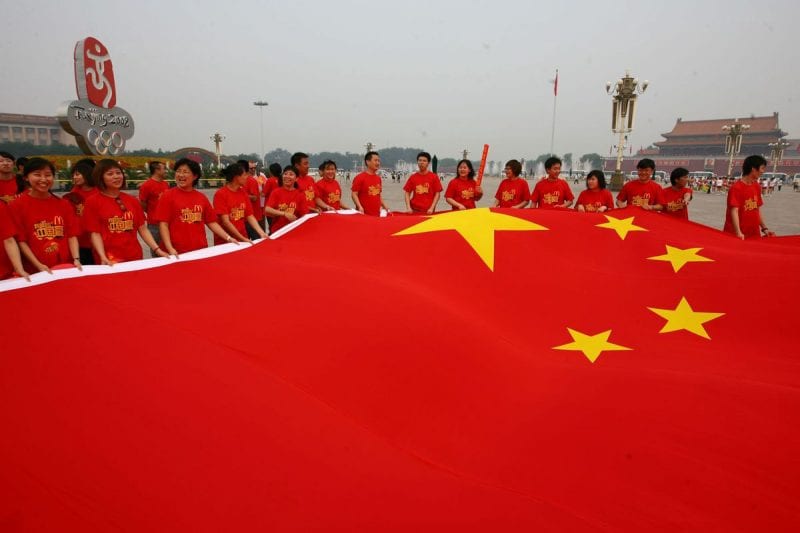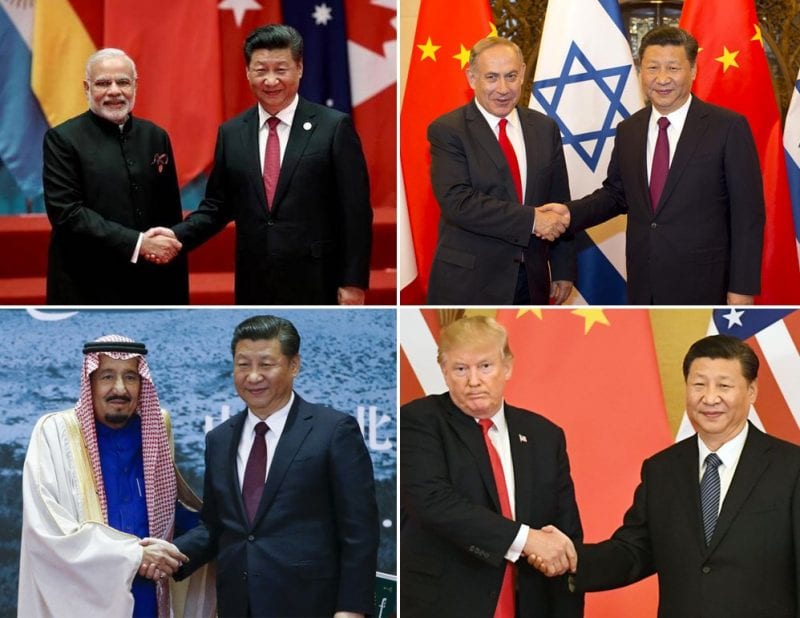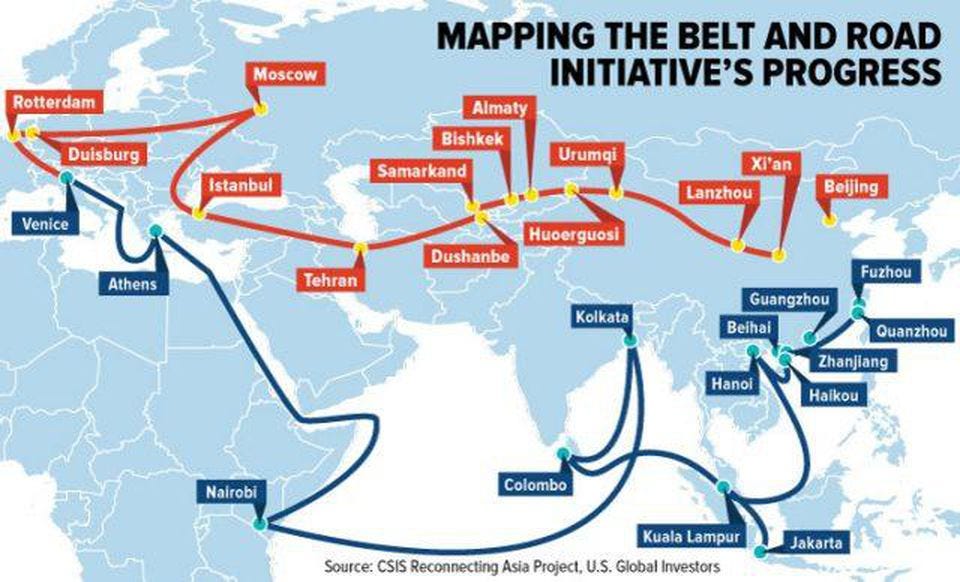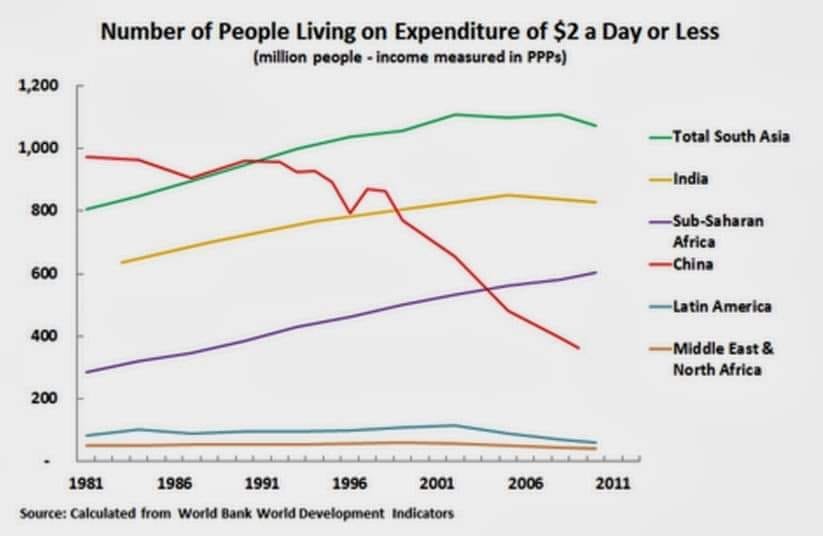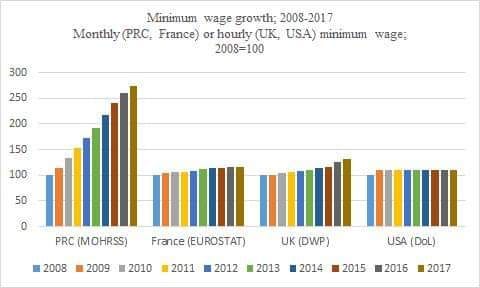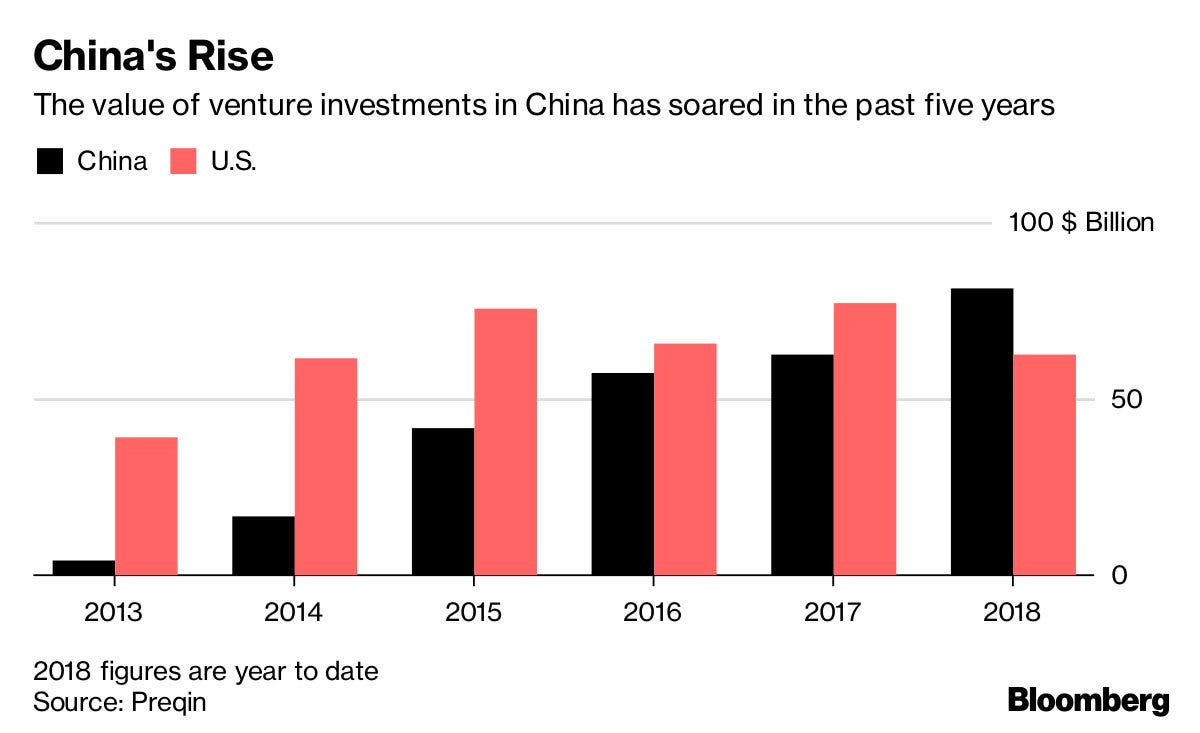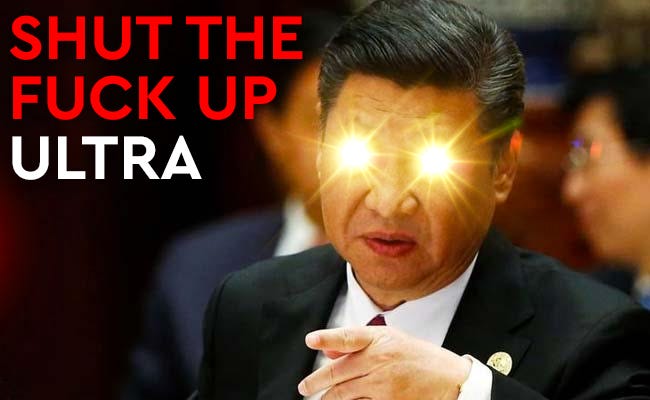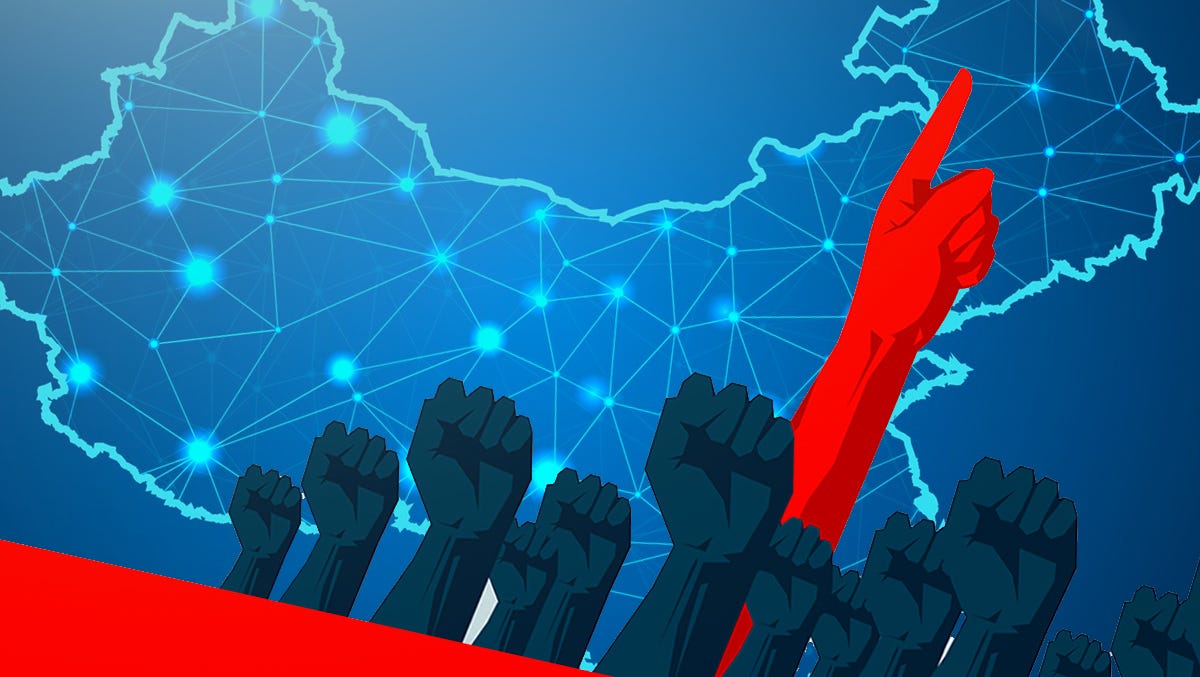The Long Game and Its Contradictions
Leo He Zhao Insurrectionary Rhythm, Radical Hedonism, Egalitarian Sexuality: Make Raves Marxist Again
Appendix——••
As expected this enormously important and cogent essay has provoked a fair share of debate among readers. Some people on the left, especially in the West, continue to believe that China’s leadership in effect betrayed the revolution by choosing the “capitalist road,” a choice that eventually spawned a new class of billionaires, a clear degree of class segmentation and polarization, and other serious ills common and inherent in any capitalist society. Further, in their view, the betrayal ofteh Soviet Union and Chenese leaderships not only caused their collapse as socialist nations, but (especially in the wake of the USSR’s implosion) opened a Pandora’s box of calamities and crimes carried out by the American empire in various regions of the world with virtual impunity. While, in the immediate sense, some of these criticisms are true, in the broader, dialectical sense, they fail to incorporate important factors whose examination yields a different and more nuanced judgment specifically on China’s policies and trajectory. China’s policies, necessarily complex, cannot be depicted in black and white terms. Our senior contributing editor Hiroyuki Hamada has patiently studied this topic in detail, carefully weighing all the chief complaints, and produced an excellent summation of the controversy which we regard as fair and comprehensive. We endorse and recommend his statements and hope our readers will help us disseminate this post as both Leo Zhao and Hiroyuki address a subject almost certain to be used by the agents of the Western empire in their hybrid power campaigns against China.—PG
Hiroyuki Hamada
 [dropcap]F[/dropcap]or those of us who are learning about global dynamics under the reign of the capitalist hegemony, it is well known that criticisms against China do not only come from the western establishment, which is eager to contain its economic threat, but they also come from western socialists. Their tone against China in engaging in the global market economy, in particular, economic activities with countries known to be inhumane, atrocious, unjust, undemocratic and so on–for example, Saudi Arabia, Israel, Rwanda and so on–is especially harsh. Their anger and despair are so acute that they may sound as if they are more hostile to China than anyone in the US establishment. Considering what those countries do to oppressed people, the sentiment is perhaps understandable.
[dropcap]F[/dropcap]or those of us who are learning about global dynamics under the reign of the capitalist hegemony, it is well known that criticisms against China do not only come from the western establishment, which is eager to contain its economic threat, but they also come from western socialists. Their tone against China in engaging in the global market economy, in particular, economic activities with countries known to be inhumane, atrocious, unjust, undemocratic and so on–for example, Saudi Arabia, Israel, Rwanda and so on–is especially harsh. Their anger and despair are so acute that they may sound as if they are more hostile to China than anyone in the US establishment. Considering what those countries do to oppressed people, the sentiment is perhaps understandable.
However, oddly, we don’t hear the sort of pointed criticism against China when it’s engaging in economic activities with the biggest offender of all those monstrosities. The country in focus is of course the United States of America. I guess for those socialists who are not only engaging in economic activities with the US, but are physically residing in the US, paying tax to the murderous empire, being a part of the war economy and benefitting from its dwindling social services, it might be hard to recognize the meaning of dealing with the evil empire.
This article eloquently discusses logic and historical contexts of the Chinese socialist trajectory. Perhaps, those socialists in the US who are most likely can’t even proudly proclaim being socialists to their superiors at their work places, might understand the predicament and necessity of China choosing the long way against imperialism in achieving the Chinese version of communism.
<•••>
Descriptions of the Chinese participation in the market economy [are often] not only not factual, but lacking fundamental understanding of its basic mechanism. The link below describes the characteristics, which certainly differ from the western counterpart in many ways.
https://monthlyreview.org/2018/10/01/on-the-nature-of-the-chinese-economic-system/
Also, the development of the Chinese economy as it stands today is [in] good part a reaction to the western encirclement of Chinese sovereignty. I would not describe it as “China sold out its socialism to capitalism just like Soviet Union did”. Whether you like it or not, the Chinese establishment regards it as a process to achieve stability, peace and economic cooperation among other countries, while dealing with the imperial encirclement. The path is based on their own interpretation of capitalism and socialism, its current necessities, and its history, namely, experiencing multiple attacks by multiple empires. Quite frankly I see the basic argument as solid, practical and constructive in seeking a path beyond the capitalist domination. Its shortcomings, issues to be tackled, and assortments of mistakes and so on can be analyzed and criticized but I don’t find it to be detrimental to their future. I mean, what the western hegemony wants is to divide up China and make it totally open to western corporate interests, as we’ve seen in Russia in 90s, the Middle East, former Yugoslavia and so on.
Moreover, I would like to emphasize that just because a certain country does not follow a certain version of socialism (endorsed by the critics), that really doesn’t mean that that country can be equated with the imperial forces that have been killing 25 to 35 million people with their colonial policies. Especially, when the very country China is facing hundreds of US military bases with their nuclear warheads aiming at it. There is just no evidence that the Chinese participation in the market economy is driven by an aim to build a global imperial hegemony shaped by its economic as well as its military power, as the US hegemony.
Speaking of such a hegemonic power—the western forces—we must be crystal clear that it destroyed the USSR with malicious, undemocratic, unjust, atrocious and inhumane intent. Many countries have perished by such forces of capitalist expansion, aggression and imperialism. People of Soviet Union didn’t wish the federation to be dissolved. Its destruction was a culmination of the aggressive US containment policy against that socialist country. So, again, I wouldn’t describe it as it “sold out its socialism to capitalism”.
And needless to say, the role of alternatives against the imperial hegemony is one of prime interest to many of us who desire a better tomorrow. How we perceive efforts of other countries must be accurate and objective. Otherwise, we can end up supporting the capitalist empire.
—H.H.
[premium_newsticker id=”154171″]
This work is licensed under a Creative Commons Attribution-NonCommercial 4.0 International License.
Parting shot—a word from the editors
The Best Definition of Donald Trump We Have Found
 In his zeal to prove to his antagonists in the War Party that he is as bloodthirsty as their champion, Hillary Clinton, and more manly than Barack Obama, Trump seems to have gone “play-crazy” -- acting like an unpredictable maniac in order to terrorize the Russians into forcing some kind of dramatic concessions from their Syrian allies, or risk Armageddon.However, the “play-crazy” gambit can only work when the leader is, in real life, a disciplined and intelligent actor, who knows precisely what actual boundaries must not be crossed. That ain’t Donald Trump -- a pitifully shallow and ill-disciplined man, emotionally handicapped by obscene privilege and cognitively crippled by white American chauvinism. By pushing Trump into a corner and demanding that he display his most bellicose self, or be ceaselessly mocked as a “puppet” and minion of Russia, a lesser power, the War Party and its media and clandestine services have created a perfect storm of mayhem that may consume us all.— Glen Ford, Editor in Chief, Black Agenda Report
In his zeal to prove to his antagonists in the War Party that he is as bloodthirsty as their champion, Hillary Clinton, and more manly than Barack Obama, Trump seems to have gone “play-crazy” -- acting like an unpredictable maniac in order to terrorize the Russians into forcing some kind of dramatic concessions from their Syrian allies, or risk Armageddon.However, the “play-crazy” gambit can only work when the leader is, in real life, a disciplined and intelligent actor, who knows precisely what actual boundaries must not be crossed. That ain’t Donald Trump -- a pitifully shallow and ill-disciplined man, emotionally handicapped by obscene privilege and cognitively crippled by white American chauvinism. By pushing Trump into a corner and demanding that he display his most bellicose self, or be ceaselessly mocked as a “puppet” and minion of Russia, a lesser power, the War Party and its media and clandestine services have created a perfect storm of mayhem that may consume us all.— Glen Ford, Editor in Chief, Black Agenda Report

